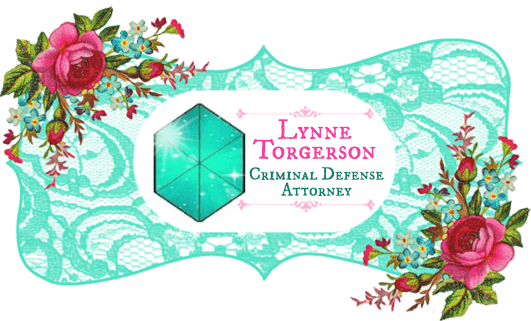There are so many legal terms that you hear when involved in a civil or criminal case, and it can be quite confusing to tell them apart. Maybe you have been arrested but not yet charged. Or you have been charged but still not convicted. It is crucial to understand the difference between arrested vs. charged vs. convicted, especially if you are directly involved in it.
What Is an Arrest?
Being arrested means you have been detained by the police under suspicion you have committed a crime. Uniformed or undercover authorities can make the arrest, and it could be anywhere, whether you are at home or in public.
This is the first step in any criminal case, although there are cases where you will still be charged even without being formally arrested. An arrest is only based on suspicion and does not mean that you have already been found guilty of the crime. Justice must still prevail, and you are entitled to a fair trial.
What Is a Charge?
This is also known as an indictment. The difference between charged and convicted is that when you are charged, you are being accused of committing a crime. It is not exactly an indication you are guilty because the government must prove that beyond a reasonable doubt.
It is not up to the police to file charges against you, but they can be asked by the prosecutor to investigate more, and when the evidence they gather is enough, a charge is filed, and you receive a warrant or summons for your arrest. A summons means that you must appear in court, and if you fail to show up, you are issued with a warrant for your arrest.
Read more: What Does it Mean to Press Charges?
What Is a Conviction?
The difference between being convicted and charged is that being convicted means you have been found guilty of the crime by the court. It may be in a bench trial with a sitting judge, by the jury, or after pleading guilty. The first two entail a thorough hearing process, but there are also cases where taking a plea deal is the better option because it means that the penalty will be reduced. This is after negotiating with your attorney and the prosecutor. Once you have been convicted, it leads to a sentencing, which, depending on how severe the crime is, means jail time or probation.
Minneapolis Criminal Defense Lawyer
Contact Lynne Torgerson, an experienced and professional criminal defense lawyer in Minneapolis, to help you understand the legal terms, answer your questions, and help you win your case. In addition to serving the Minneapolis area, Lynne Torgerson also offers legal services to clients in St. Paul, Edina, St. Louis Park, Minnetonka, and Maple Grove. Take charge of your case today.



